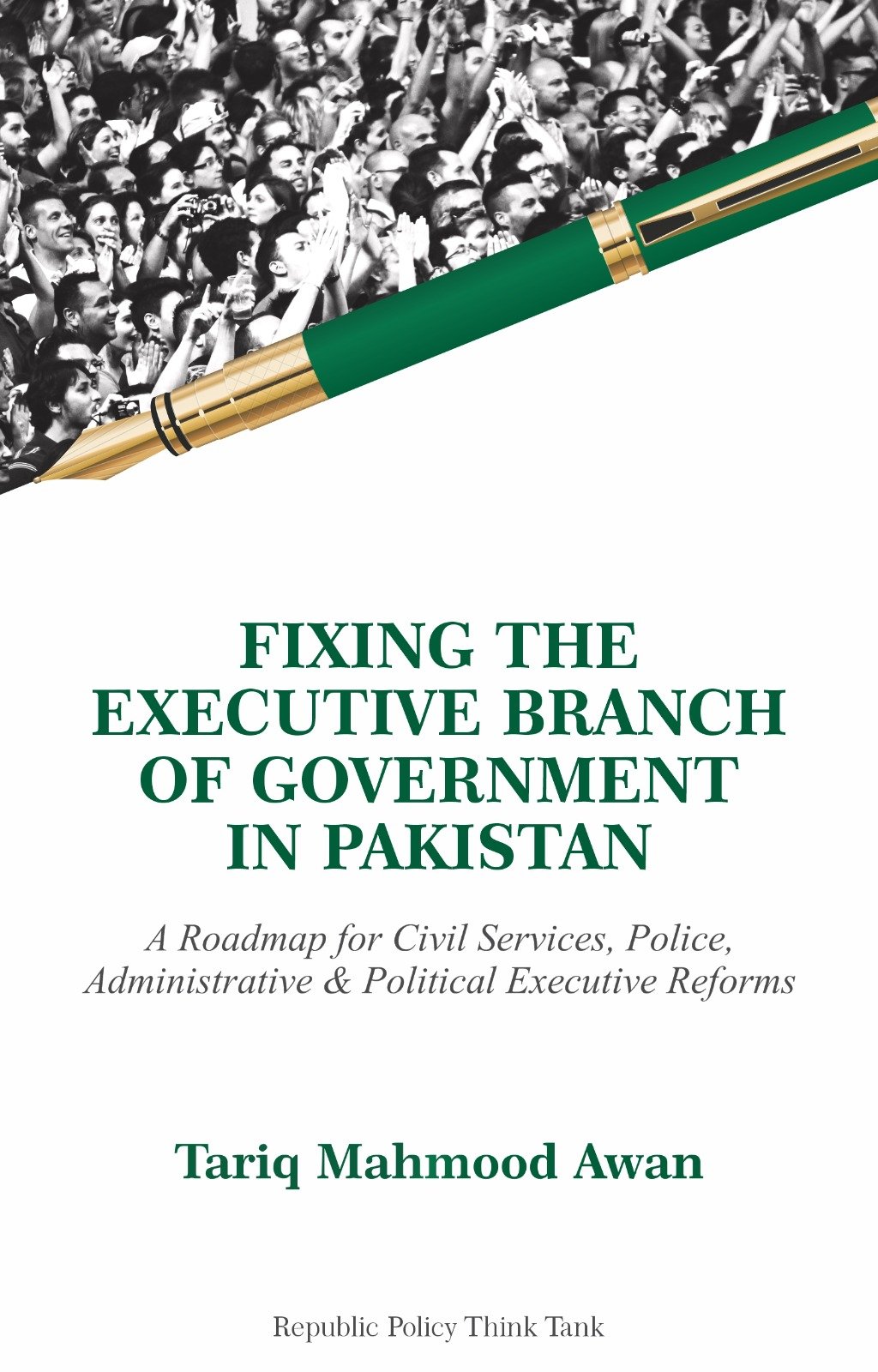Mudassir Rizwan
In a landmark ruling, the Supreme Court of Pakistan has underscored the importance of equality within marriage, calling for reforms to the nikahnama— the Islamic marriage contract— to better reflect fairness and clarity for both parties, especially women. This decision emerged from a petition filed by a divorced couple in dispute over the dower provisions, where the female petitioner challenged a Lahore High Court judgment that interpreted vague entries in the nikahnama in favour of the groom, arguing that he shoulders the contract’s primary obligations. The Supreme Court rejected this interpretation, emphasizing that ambiguous legal documents should not disadvantage one party over the other—particularly in a contract as consequential as marriage.
The Court’s directive for the government is two-fold: to make the nikahnama simpler and more understandable for the public, and to ensure that only qualified, ethical, and informed registrars are tasked with officiating marriages. It emphasized that protecting the rights of both spouses—“especially women”—requires eliminating ambiguity from the contract. Too often, women enter into marriages unaware of the rights granted to them under law, as the standard nikahnama is filled with legal jargon or culturally manipulated interpretations. This power imbalance is further exacerbated when the process is guided by traditional mindsets and male-dominated family structures, leaving the bride at a disadvantage from the outset.
Marriage is not merely a religious or social bond—it has extensive legal, financial, and civil implications. From the determination of dower (mehr) and maintenance, to inheritance claims and legal identification in official records, the contract governs several vital aspects of a person’s life. The Supreme Court’s verdict sheds light on the urgent need to update this centuries-old document in line with modern legal and social principles. The interaction between tradition and contemporary rights must be harmonized so that the nikahnama does not become a tool of oppression but remains a means of mutual consent and protection.
Importantly, the Court’s observations also point toward broader reforms. It suggested that marriages should not proceed without prior medical tests—particularly to reduce the incidence of genetically transmitted disabilities in children. This recommendation aligns with growing global awareness about the public health implications of consanguineous marriages and the need for preventive health protocols. Such a move would not only protect future generations but also introduce responsibility and foresight into the marriage process.
Please, subscribe to the YouTube channel of republicpolicy.com for quality content.
Moreover, the ruling calls for a systematic effort to educate women—particularly at the community level—about their legal rights within marriage. Many women, especially in rural or conservative settings, remain unaware of critical clauses in the nikahnama that allow them to claim maintenance, impose conditions, or even retain the right to initiate divorce. Regular awareness campaigns, literacy programs, and community engagement can bridge this knowledge gap and empower women to participate in marital negotiations on an equal footing.
The role of the nikah registrar is central to the implementation of this vision. Currently, the appointment and oversight of registrars is largely unregulated, leading to frequent violations of women’s rights—either due to ignorance, cultural bias, or deliberate manipulation. The Supreme Court has rightly stressed the need for strict accountability mechanisms to ensure registrars act impartially and uphold the law. Registrars must be trained not only in religious procedures but also in civil law, gender rights, and contract enforcement.
Legal reforms are critical to institutionalizing the protection of women’s rights in marriage. Clauses intended to secure a woman’s autonomy—such as conditions around dowry, divorce rights, and living arrangements—must be preserved and cannot be omitted or altered without her explicit consent. Too often, these sections are left blank or struck through at the behest of male family members, stripping women of their rightful safeguards under the guise of tradition.
Additionally, the determination of marriage conditions must no longer be the exclusive prerogative of male elders in the family. Women must have an equal say in setting the terms of their own marriage. The time has come to challenge archaic customs that infantilize women or treat them as passive participants in one of life’s most significant legal arrangements. For Pakistan to progress socially and constitutionally, it must shed the patriarchal norms that persist within its family laws and replace them with gender-neutral, equitable practices.
This Supreme Court ruling, therefore, is not just a judicial decision—it is a call for systemic change. It recognizes that equality within marriage is foundational to wider gender justice and that outdated attitudes embedded in legal structures must be replaced with reforms rooted in fairness, clarity, and inclusivity. The nikahnama, when truly reformed, can be a document of empowerment rather than subjugation—reflecting a marriage built on mutual respect, shared responsibility, and legal parity.















